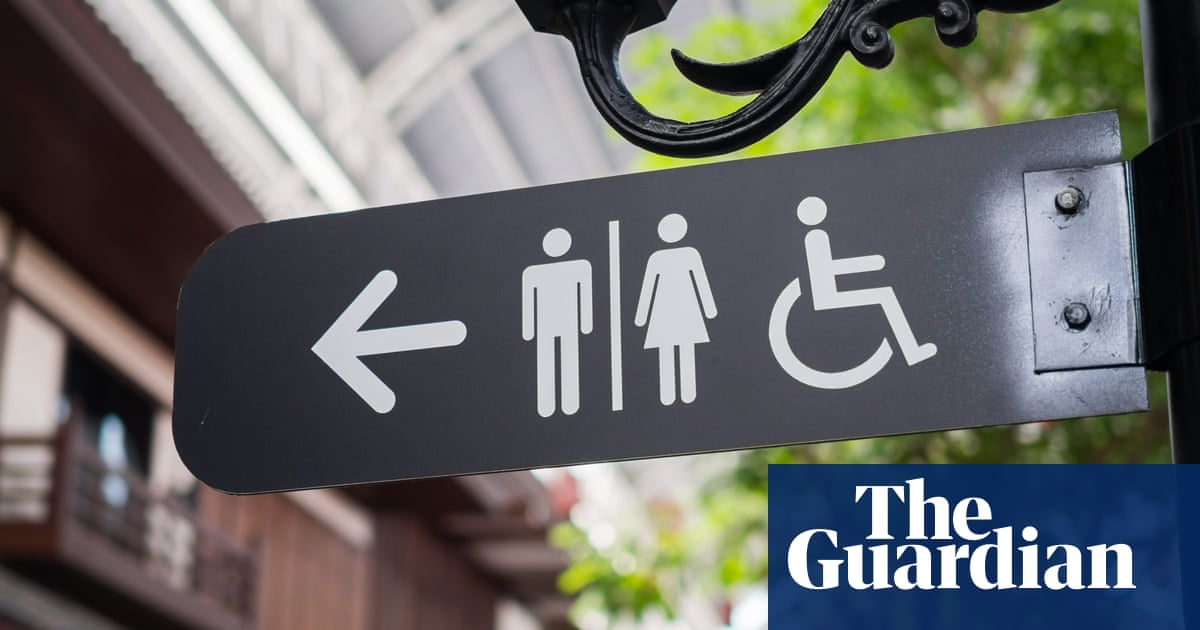The article addresses a significant and contentious issue surrounding bathroom access and the rights of transgender individuals in the UK. Following a supreme court ruling that emphasizes biological sex in the context of the Equality Act, the UK’s equalities watchdog, the EHRC, has released interim guidance. This guidance indicates that while trans individuals should not be excluded from having access to facilities, they also shouldn't use sex-segregated spaces designated for the opposite biological sex.
Implications of the Supreme Court Ruling
The recent ruling clarifies the interpretation of the terms "woman" and "sex" in relation to biological sex, which has profound implications for transgender rights. The EHRC's guidance reflects an attempt to balance the ruling with the needs of trans individuals, stating that facilities should still be provided for them. This dual approach seeks to address concerns from both sides of the debate, but it also opens up discussions about the rights of trans individuals versus those of biological women and men.
Public Reaction and Societal Impact
The publication of this guidance is likely to evoke mixed reactions from different segments of society. Some may view it as a fair compromise, while others could see it as an infringement on the rights of trans individuals. This could lead to heightened tensions within communities, particularly among advocacy groups representing women's rights and LGBTQ+ rights. The article suggests that the EHRC aims to clarify the implications of the court ruling due to widespread public confusion, which indicates a significant level of societal interest in this issue.
Connection to Broader Trends
This development is part of a broader global dialogue surrounding gender identity and rights. Similar debates are occurring in various countries, reflecting a growing societal struggle to reconcile traditional views on gender with evolving understandings of identity. The article does not delve into potential hidden connections with other news stories, but it is clear that this is a topic of significant interest and contention worldwide.
Potential Economic and Political Consequences
The guidance could have economic implications, particularly for businesses and organizations that may need to alter their policies regarding facilities. This might lead to increased operational costs or changes in customer demographics. Politically, this ruling and the subsequent guidance could influence electoral outcomes, especially in areas where gender rights are a critical issue.
Community Support and Target Audience
The article likely appeals to conservative and traditionalist groups who prioritize biological definitions of gender. It may alienate those who advocate for broader interpretations of gender identity. As such, the framing of the guidance could be seen as attempting to cater to both sides, but it is evident which group the EHRC aligns with more closely.
Market Influence
While the article itself may not directly impact stock markets, the implications for businesses in sectors like retail, healthcare, and education could influence investor sentiment. Companies that are perceived as aligning with progressive ideals may benefit, while those perceived as lagging behind on inclusivity might face backlash.
Geopolitical Context
From a geopolitical standpoint, this issue is reflective of the shifting dynamics around gender and rights globally. The UK’s approach could serve as a case study for other nations grappling with similar issues, potentially influencing international discussions on human rights.
Use of AI in Article Composition
It's plausible that AI tools were used in crafting the article, particularly for summarizing complex legal rulings and creating accessible language for a broad audience. AI models like GPT could assist in ensuring neutrality and clarity, although the specific influence of such technologies isn't directly evident. The choice of wording and structure may reflect AI's role in promoting a particular narrative.
The article presents a complex issue with various implications for society, law, and rights. While it strives to provide clarity, the underlying tensions suggest that debates around gender identity and rights will continue to be a significant aspect of public discourse in the UK and beyond.
